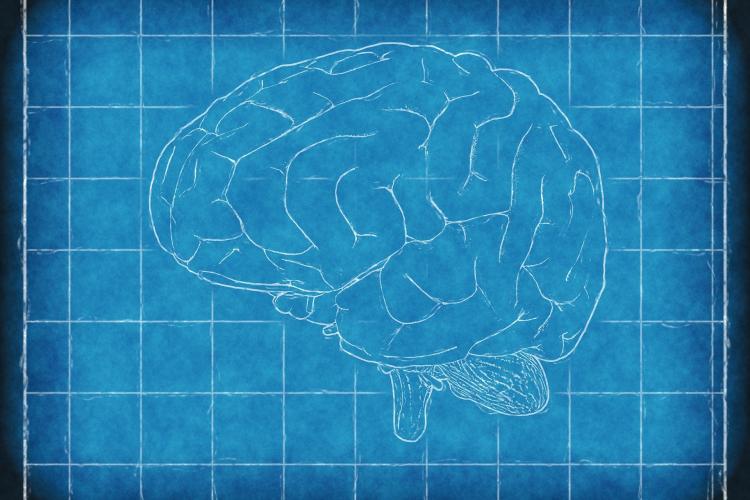IMI’s PRISM project shed new light on social withdrawal, a common early symptom of many neurological disorders. Now PRISM 2 is set to build on its results.

Currently, neurological disorders are diagnosed primarily on the basis of patients’ symptoms, and not on the causes of the disease. Furthermore, many symptoms appear in a number of diseases, yet we don’t always know if the causes of a given symptom are the same across diseases or not. Pinpointing the underlying causes of symptoms and diseases is essential if we are to develop targeted treatments for these complex conditions.
IMI’s PRISM project focused on social withdrawal, a common early symptom of many neurological disorders. PRISM shed new light on the underlying causes of social withdrawal in schizophrenia and Alzheimer’s disease, including some of the genes involved as well as a neural network. Interestingly, the neural network involved in social withdrawal appears to be the same in both diseases. The team also developed an early version of a suite of tests, including scans, blood tests and smartphone monitoring, which could potentially make it easier to diagnose conditions, indicate the brain mechanisms involved, and identify targets for new treatments.
‘PRISM has been able to apply new statistical and monitoring tools to unpick biological associations with mental health and neurological conditions. For example, using GPS and call logs on smartphones show how much people move and interact, which indicates social functioning status. We can relate behavioural traits to findings from MRI and EEG: in fact we have identified over 4000 relevant biological markers. We are now beginning to identify patterns which associate these markers and behavioural traits with conditions such as Alzheimer’s disease and schizophrenia,’ said academic project coordinator Martien Kas of the University of Groningen.
The goal of the PRISM 2 project is to build on the achievements of the original PRISM project. Specifically, it aims to validate PRISM’s findings on social withdrawal in schizophrenia and Alzheimer’s disease, and investigate whether they also apply to major depressive disorder.
‘We do need to focus, in an unbiased manner, on the problems that neuropsychiatric patients actually suffer from. PRISM was an excellent example of patients, academics, CROs and major pharma coming together to try to shed new light on these life changing disorders,' said industrial project leader Hugh Marston of Boehringer Ingelheim. ‘I am excited that the findings of PRISM’s paradigm changing approach to mental health have led to the extension of this project. We hope that our research will yield better diagnosis and treatment choices that transform the lives of people with Alzheimer’s disease, schizophrenia and major depressive disorder.’
Ultimately, the work of PRISM 2 should ensure that these findings will result in more accurate diagnoses and treatments for people with Alzheimer’s disease, schizophrenia and major depressive disorder.
PRISM 2 will run for 3 years and has a total budget of almost EUR 8 million, coming from IMI, EFPIA companies and an IMI2 Associated Partner. It was funded under IMI2 – Call 22, which was designed to provide additional support to certain existing IMI2 projects to allow them to build on their achievements and maximise the impacts of their work.
Read more
Follow @IMI2PRISM2 on Twitter
